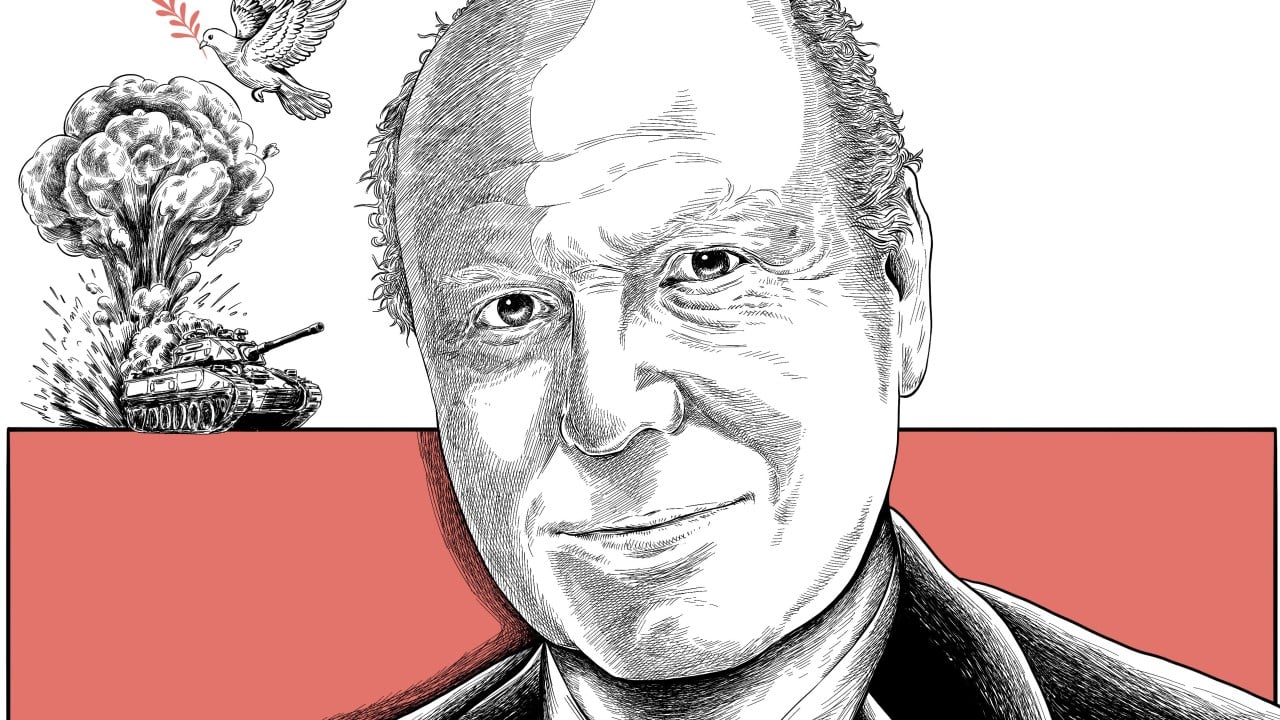Jay Winter is a US historian who is a specialist on the first world war and its impact on the 20th century. He previously taught at universities including the Hebrew University of Jerusalem and the University of Cambridge before joining Yale University in 2001. He has written a number of books including Remembering War: The Great War Between History and Memory, and The Day the Great War Ended, 24 July 1923. He is currently the Charles J. Stille professor of history emeritus at Yale. For other interviews in the Open Questions series, click here.
Advertisement
What lessons from World War I and World War II are most relevant to today’s world?
The first and second world wars saw a transformation in the nature of war. Before 1914, war was primarily an armed conflict between military groups of nations and empires; armies or armed groups fought similarly organised and uniformed soldiers of other nations and empires.
The objective was for one armed group to put its force in the field and to use violence to persuade the other side to surrender. When one side gave up, war came to an end. The political outcome of war was straightforward: to give political form to military victory.
Before WWI, war was politics by other means. This is a 19th century idea associated with a German soldier, Carl von Clausewitz. He was a general in the Prussian army, a professional soldier during the Napoleonic wars and a theorist of war.
Advertisement
He wrote a wonderful book, On War. That book described a great deal about the nature of warfare until the first and second world wars, when everything changed.
In WWI, the interwar years and WWII, what happened was that war mutated. While it still was an armed conflict between national or imperial groups, it evolved into a different kind of conflict, in which the central armed action was violence against civilians.

